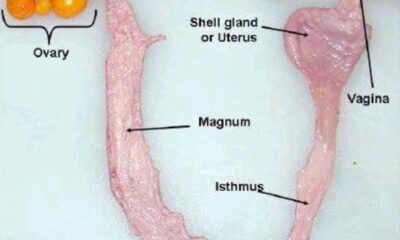Understanding Masturbation
Masturbation is the act of sexually stimulating oneself and is practiced by individuals of all genders, ages, and backgrounds. It is an essential aspect of self-discovery and sexual development, with the majority of people engaging in it at some point in their lives. To debunk the myths, let’s examine some of the common misconceptions about masturbation
Debunking Myths about Masturbation
1. Masturbation Causes Blindness and Memory Loss
Contrary to popular belief, there is no scientific evidence linking masturbation to blindness or memory loss. These myths likely emerged from unfounded fears that sexual activity would lead to negative health consequences. In reality, masturbation is a safe and healthy way to explore one’s body and experience sexual pleasure. It has no bearing on one’s eyesight or cognitive abilities.
2. Masturbation Leads to Erectile Dysfunction
Some individuals worry that frequent masturbation can lead to erectile dysfunction (ED). However, masturbation is a normal and healthy part of human sexual behavior and does not cause ED. If someone experiences issues with sexual function, they should consult a doctor, as ED is not related to masturbation.
3. Masturbation Affects Fertility
Another common misconception is that masturbation can affect fertility. In truth, the male and female reproductive systems are entirely separate from the sexual pleasure experienced during masturbation. Pleasuring oneself does not impact one’s ability to conceive.
Other Common Myths READ FULL STORY HERE>>>CLICK HERE TO CONTINUE READING>>>
Various other myths and misconceptions about masturbation include the notions that it is dangerous, should not be done with a partner, can damage genitals when using a vibrator, is dirty and immoral, can ruin a marriage, is a form of cheating, and can cause mental illness. All of these beliefs lack scientific basis and are far from the truth.
Benefits of Masturbation
In addition to dispelling myths, it’s important to highlight the benefits of masturbation. According to certified sex therapist Jenni Skyler, masturbation offers a rich opportunity to build an intimate relationship with oneself and one’s body. Some of the benefits include:
1. Stress Reduction: Masturbation can release endorphins, acting as natural stress relievers and promoting relaxation.
2. Improved Sleep: It often leads to a deep sense of relaxation, contributing to better sleep quality.
3. Pain Relief: The release of “happy hormones” during masturbation can help reduce menstrual cramps and other types of pain.
4. Self-Awareness: Masturbation can help individuals become more in tune with their bodies, enhancing sexual function and overall sexual awareness.
Skyler emphasizes that understanding one’s pleasure spots through masturbation is essential for communicating with a partner about their needs and desires.
Conclusion
The myth that masturbation can cause blindness, memory loss, or any other harmful effects has no basis in scientific reality. Masturbation is a normal and natural part of human sexuality that offers numerous physical and emotional benefits. It’s crucial to separate fact from fiction and recognize that embracing one’s sexuality in a safe and healthy way is a fundamental aspect of self-discovery and well-being.




















